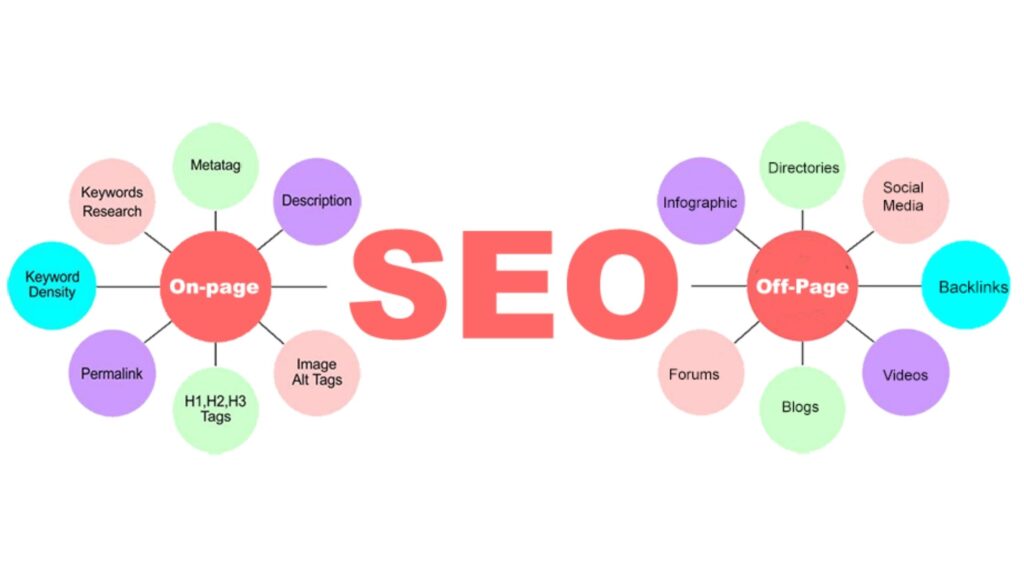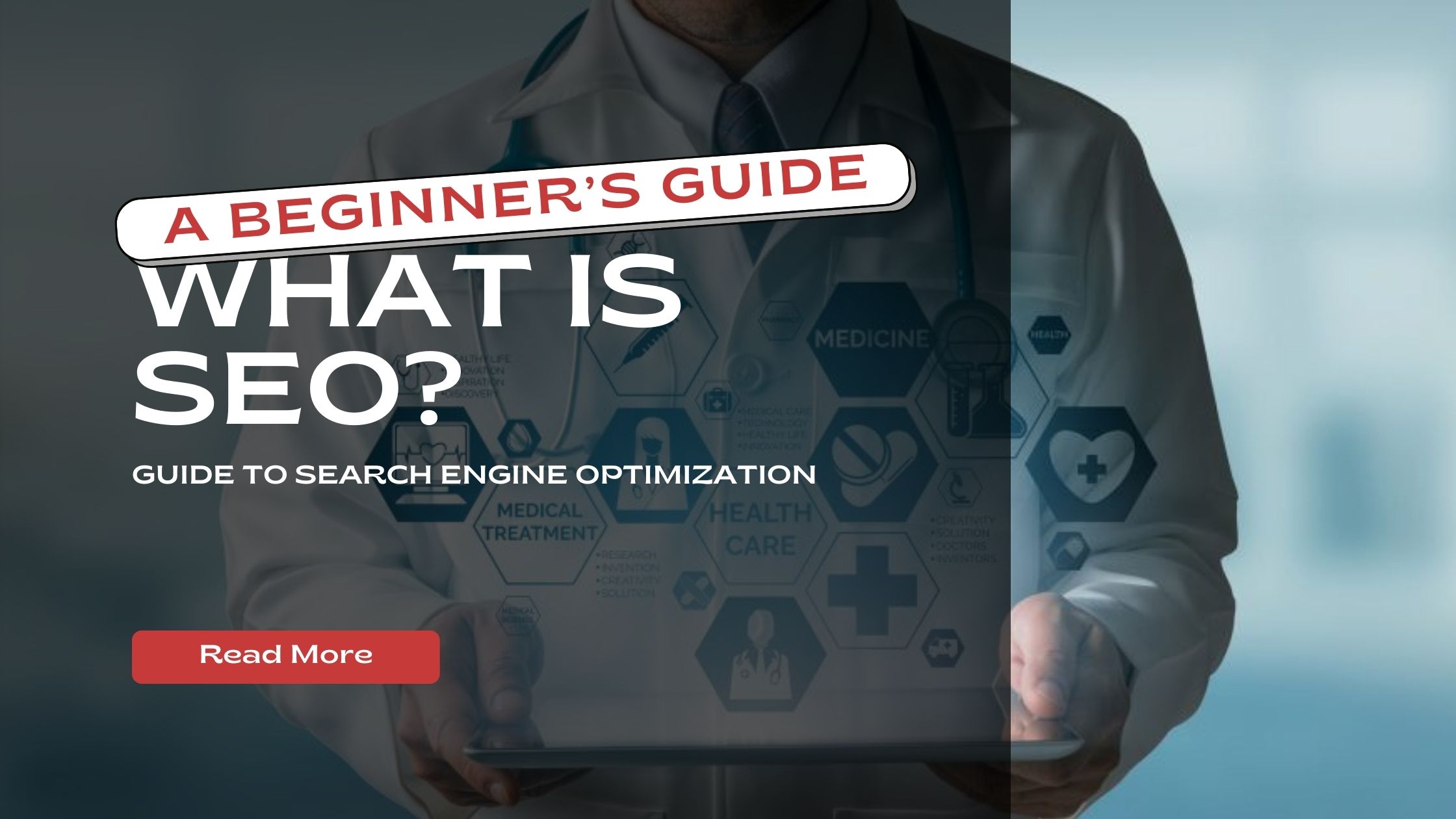Search engine optimization is the process that affects the online visibility of a website or a web page in a web search result. It is often referred to as the “natural”, “earned” or organic results.
Generally, the higher-ranked websites on the search results pages are more frequently visited. The more the website gets visited, the more visitors it will receive through SEO optimization and these visitors can be converted into customers.
For a clear understanding, SEO can be considered as a set of rules that are followed by website owners to optimize their websites. Above all, it is a great way to increase the quality of your website by making it- user-friendly, faster, and easier to navigate.
The Different Types of SEO
There are two ways of SEO optimization – On-Page SEO and Off-Page SEO.

On-Page SEO
It refers to the activities that are carried out on the page that is to be published. Prominently the tasks that help in optimizing a given page such that it appears higher on the search engine result pages.
The on-page SEO activities primarily include infusing keywords of the right quality, inserting results, internal links, meta tags, and meta descriptions. Other than that, building a customized URL structure, inserting alt attributes, and most importantly providing the users with quality content also fall under on-page SEO activities.
Off-Page SEO
It refers to the activities that are performed on a page after it goes live on the page. The activities included in the Off-page SEO include sharing the post, commenting on the post to build engagement, liking the post on social media, and giving star ratings to the post. Some other activities such as answering the queries of the target audience are all a part of the tasks listed under the off-page SEO.
How does a Search Engines work?
The search engine performs several activities in order to deliver search results. These are generally called stages. The different types of stages are listed below.
Crawling
Crawling is the process of fetching all the web pages which are linked to a website. This task is generally performed by different kinds of software known as crawlers or spiders.
Indexing
It is similar to the “index” page of your book. Indexing is the process by which indexes for all fetched webpages are created and kept in a big database from where they can be retrieved afterward. Essentially, the process of indexing includes identifying the words and expressions that best describe the page. It is usually done by assigning particular keywords.
Processing
The search engine starts processing when a search request comes. This means it compares the search string in the search request with the indexed pages in the databases.
Calculating Relevancy
It is no doubt that more than one page contains the search string. So, that search engine starts calculating the relevancy of each of the pages in its index to the search string.
Retrieving Results
The last step in search engine activities is retrieving the desired results. It is done by simply displaying them in the browser.
Search engines often update their relevancy algorithm dozens of timers per month. When you see changes in your rankings is due to an algorithmic shift or something else outside of your control. However, the basic principle of operation of all search engines is the same. The slight differences between their relevancy algorithms lead to major changes in results relevancy.
What is Keyword Research?

Keyword research helps you determine the keywords for which you should optimize your current content and future pages of the site. For example, if your new small business sells employee scheduling software. But, you discover that the “employee scheduling tool” has a higher search volume and lower competition than “employee scheduling software”. Then, you might want to change the copy on your website to reflect that.
Keyword research is an essential way of analyzing which queries people are entering into search engines. So that you can publish pages that will show up as results for these queries.
Importance of SEO
Today, SEO plays a vital role in the digital space. There are plenty of reasons that support the previous statement and these are-
- The majority of search engine users are more likely to click on one of the step 5 suggestions in the result pages (SERPS). To take advantage of this and gain visitors to help your website or customers to your online store, your website needs to appear in one of the top positions.
- Good SEO practices improve the user experience and usability of a website.
- It is the most beneficial for the social promotion of your website. People who find your website by searching Google or Yahoo are more likely to promote it on Facebook, Twitter, Google+, or other social media channels.
- It is primarily important for the efficient running of a big website. Some websites that have more than one author can benefit from SEO in a direct and indirect way. Their direct benefit is an increase in search engine traffic and their benefit is having a common framework (checklists) to use before publishing content on the website.
- SEO can put you ahead of the competition. If two websites are selling the same thing, the optimized website promise to have more customers and make more sales.
The Bottom Line
So now you exactly know, what SEO stands for? Yes, Search engine optimization can be considered a framework for surviving in the e-commerce world. The whole process has a number of rules, guidelines, stages, and a set of control.

